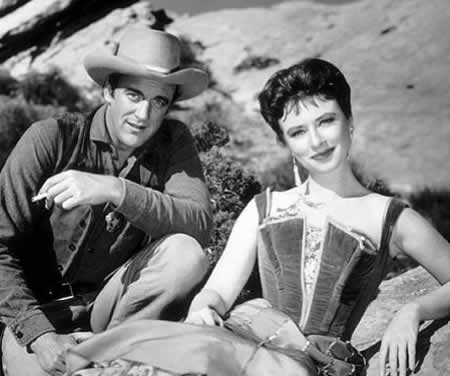You probably can’t tell it from my blog, which has no editor watching over my words and no staff overseeing my hastily-jotted notes, but once upon a time I fancied myself a proofreader and copy editor.
For a short while after I attended the New York University Summer Institute of Book and Magazine Publishing, I thought I was going to be able to make a career of proofreading manuscripts. I did a couple, including The Random House Guide to Grammar, Usage, and Punctuation, but work petered out, I didn’t follow up, etc.
Even so, I get a laugh out of stories like this:
For Want of a Proofreader, or at Least a Good One, a Reading Exam Is Lost
By SAM DILLON
Published: November 20, 2007
In an episode that has embarrassed the Department of Education, thousands of flawed testing booklets forced the invalidation of United States reading scores on an international exam administered without major mishap in 56 other countries.
The contractor that printed the faulty exams for the government is reimbursing it $500,000, government officials said yesterday. But the department admitted it had not proofread the tests.
…
Conducted every three years, the international test focused on science literacy in 2006, but also included sections on reading and math. The problem with last falls test was that pages in the exam booklet were assigned incorrect numbers. As a result, questions referred students to texts, said to be on the opposite page, but in reality printed on a previous page.
…
“The testing industry is stretched,” Dr. Schneider said in a conference call with reporters. “There are some systemic problems, but the problem with this test was simply a copy-editing problem. A good copy editor would have caught this in 10 seconds.”
Haw. Haw.

